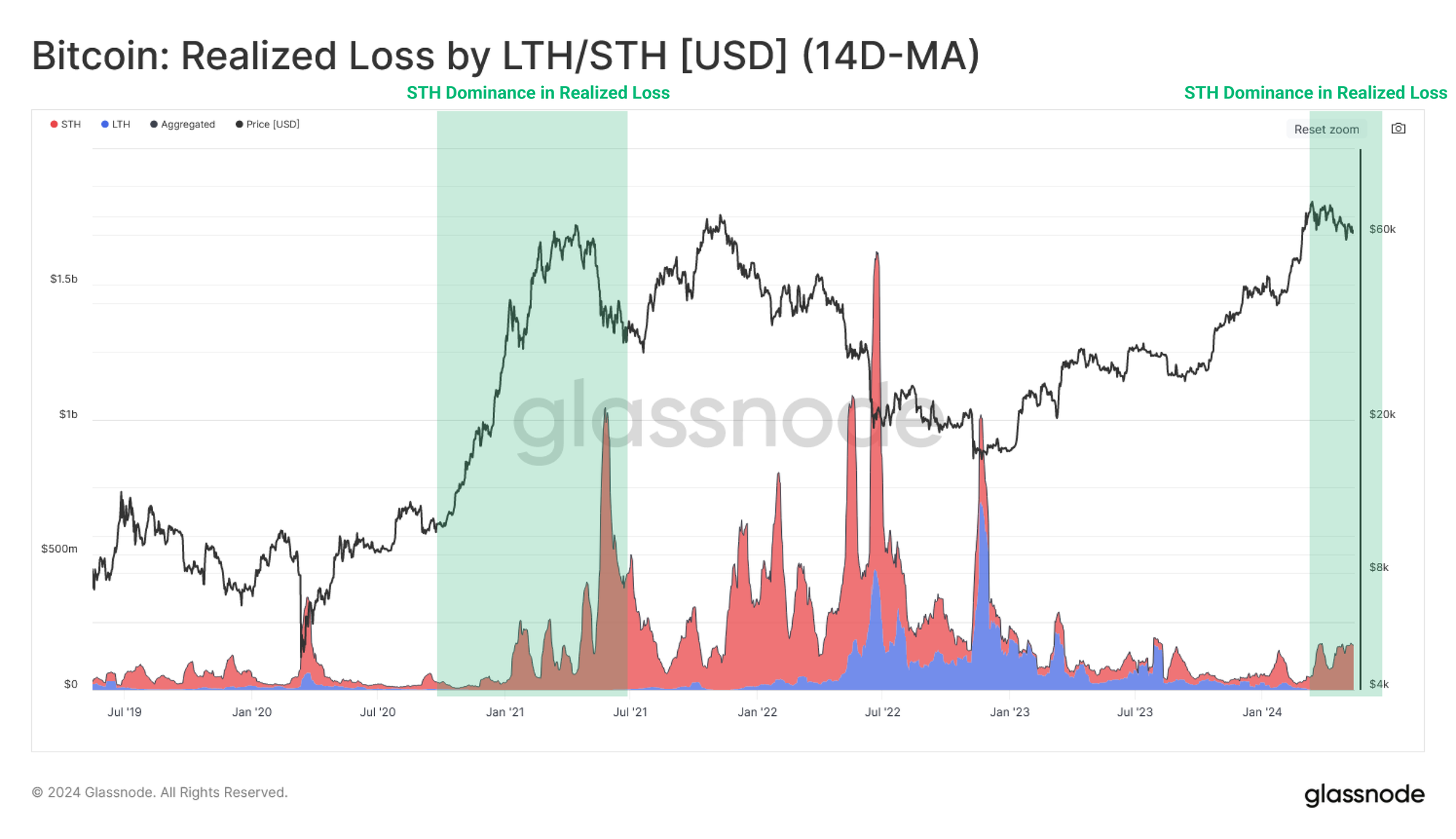Pakistan Plans to Develop Digital Currency Similar to Bitcoin
The State Bank of Pakistan aims to introduce a digital currency that is comparable to bitcoin, in line with the global trend of central bank digital currency (CBDC) development. The move is expected to reduce transaction costs and transform the circulation of capital within society.
Reserve Bank of India Aims to Achieve One Million Users of Digital Rupee
The Reserve Bank of India (RBI) is aiming to reach one million users of its central bank digital currency, the Digital Rupee, according to T Rabi Shankar, the deputy governor of the RBI. The pilot test for the Digital Rupee is ongoing, and there is no set timeline for when it will be launched nationwide. The RBI plans to gradually introduce the Digital Rupee and focus on internalising learnings from the growing use of central bank digital currencies. The RBI is also planning to make CBDC QR codes interoperable with India's popular Unified Payments Interface (UPI), which enables digital banking transactions.
Kenyan Central Bank Considers CBDC Not a Priority in Short to Medium Term
The Central Bank of Kenya (CBK) said a central bank digital currency (CBDC) implementation is not a priority in the short to medium term, as existing payment innovations can potentially address Kenya's payment pain points. The CBK will continue to monitor developments globally and periodically assess CBDC's need in Kenya. The CBK initially cited concerns that a CBDC could threaten Kenya's financial system's stability and wanted to understand residents' views.
Only 16% of Americans Support Central Bank Digital Currency, According to Cato Institute Poll
According to a recent poll by the Cato Institute, only 16% of Americans support the adoption of a Central Bank Digital Currency (CBDC), while 34% oppose it. The survey found that 49% of respondents had not formed a strong opinion on the matter, and only 28% were familiar with what CBDCs are. The study also revealed that Republicans were more likely to oppose CBDCs and know what they are, while Democrats shared some concerns about the potential government control and surveillance that could come with them.
Central Bank Digital Assets Can Legitimize Risk in the Crypto Space, Says Standard Chartered’s Geoff Kendrick
Geoff Kendrick, the crypto research chief at Standard Chartered Bank, has highlighted the importance of greater regulation and the involvement of central banks in the crypto industry to reassure investors after the high profile collapse of stablecoin TerraUSD, the centralized exchange FTX, and a trio of crypto-friendly banks. Kendrick believes that central bank digital assets are becoming important for the crypto ecosystem and will legitimize some of the private sector stablecoins, helping to lower volatility in Ethereum and Bitcoin. He also predicts that global investors will have part of their pension invested in crypto markets, including the most liquid assets like Bitcoin and Ethereum. Kendrick is keeping a close eye on Ethereum, Solana, Lido, and Uniswap. He believes that Ethereum will continue to dominate, Solana will bounce back, Lido will perform well given the low staked market in Ethereum, and decentralized exchanges like Uniswap will trade well. Kendrick stresses the need for greater transparency in stablecoins and expects regulations specifically around stablecoins soon. He is critical of the slow response of the SEC to crypto policy in the US and predicts that crypto flows and companies may move out of the US to Europe given regulatory positives.
Hebei, China, Issues Digital Yuan Discount Coupons
The Chinese province of Hebei is promoting the adoption of digital yuan by issuing discount coupons to residents, which can be used to get subsidized discounts of up to $73 at participating vendors. The event is being organized by the local government and the central People's Bank of China, with a state-owned commercial bank also participating.
South Korea’s Cryptocurrency Bill Gets Nod in First Phase of Review, May Pass This Year
South Korea's National Assembly has passed the first phase of a bill that outlines regulations for digital assets, with an emphasis on consumer protection and exclusion of central bank digital currencies. The bill requires crypto service providers to keep user assets and deposits separate, have insurance, hold reserves, and maintain transaction records. It also criminalizes price manipulation, false promotion of crypto assets, and other illegal activities. The Financial Services Commission will have the authority to examine and supervise digital asset businesses, and service providers must report any irregular activities. The bill will undergo further review and must pass the Legislation and Judiciary Committee before becoming law.
Bank Of Israel Issuing “Digital Shekel” CBDC
The Bank of Israel is planning to issue a central bank digital currency (CBDC) called the "SHAKED" digital shekel, according to a press release from the central bank's steering committee on the potential issuance of a digital shekel. While the decision has not been finalized, the bank cited factors including declining cash transactions, stablecoin adoption, and competition in the domestic payment system as reasons supporting the issuance of a CBDC. The Bank of Israel has been exploring the potential of retail CBDCs in the "Icebreaker" project led by the Bank for International Settlements (BIS) Innovation Hub. The G20 nations are also working on improving cross-border payments with CBDCs and discussing a common framework for regulating crypto.
Economist Paul Krugman Criticizes Florida Gov. Ron DeSantis' Opposition to Central Bank Digital Currency
Economist Paul Krugman questioned why Republican Florida governor Ron DeSantis opposes a central bank digital currency (CBDC) in a recent opinion editorial.
Swedish Riksbank Report Looks at Collaboration With Potential E-krona in Retail Payments
Sweden's central bank Riksbank has released a report detailing the third phase of its central bank digital currency (CBDC) research. A collaborative model for retail payments and conditional payments is the focus this time.





